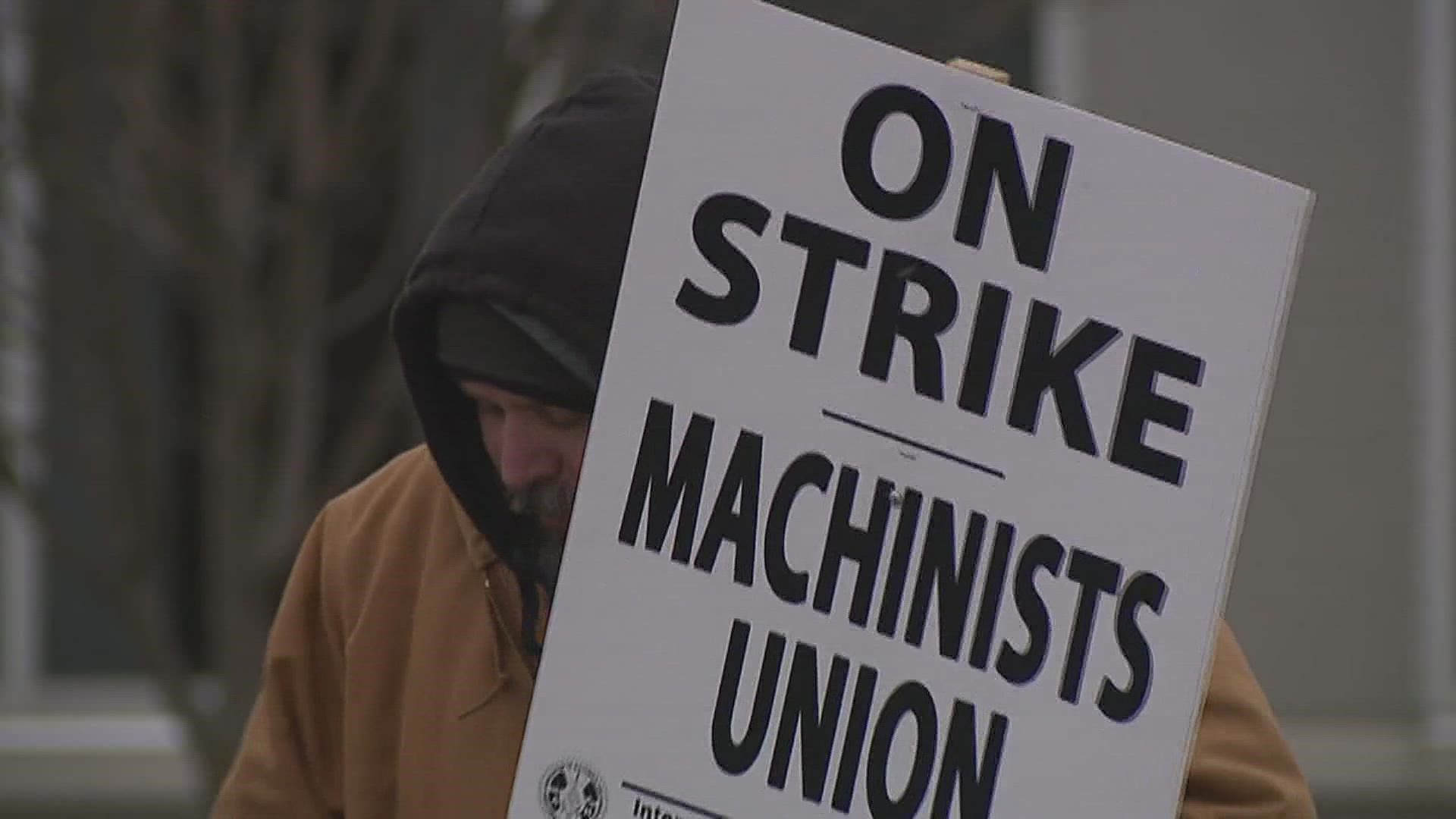Ratification Membership Packet
Enclosed is updated information about the latest Tentative Agreement for the IAMAW. The packet includes a letter from President Directing General Chairman Kyle Loos, a page of Tentative Agreement highlights, a page with QR codes for videos on the retro pay and the general wage increases, some frequently asked questions with answers,…
Read More








